Toyota Australia has announced it will supply BHP with an all-electric HiLux dual-cab prototype with the miner to put the vehicle through its paces at its Port Hedland iron ore operations in Western Australia.
During the 12-month, which is due to commence later this month, the electric vehicle (EV) will be used in applications traditionally performed by diesel-powered light vehicles. Once the trial is complete, BHP will provide feedback to Toyota.
Toyota Australia President and Chief Executive Matthew Callachor said the trial is a significant milestone in the HiLux’s history and marks an exciting opportunity for both companies.
“Toyota has long advocated a multi-pathway approach towards decarbonisation, and when we do something, we want to make sure we do it right,” he said.
“Joining with BHP to help further develop this HiLux BEV prototype is an important step in creating low-emission technologies in the light commercial vehicle space, particularly for use in harsh and demanding mining environments.”
BHP President Australia Geraldine Slattery said the trial could help accelerate the mining giant’s decarbonisation efforts.
“Our ambition to electrify our light vehicle fleet and lower greenhouse gas emissions across our operations depends on enabling technology that can only be achieved through collaborations like this, with leading suppliers like Toyota,” she said.
“With around 5,000 light vehicles at our sites across Australia, we look forward to putting the Battery Electric HiLux through its paces and seeing the potential it can bring, not only to reduce diesel use in mining but eventually for all HiLux drivers too.”
The trial comes as the uptake of EVs in Australia continues to increase with the latest figures showing more than 70,000 EVs were sold this year to the end of the September.
While EV sales in Australia have flattened in recent months, data from the Federal Chamber of Automotive Industries (FCAI) shows 38,014 EVs were sold in the first nine months of 2024. This number excludes Tesla and Polestar as these brands stopped reporting their sales to the FCAI earlier this year. Those sales figures are published by the Electric Vehicle Council (EVC) which lists year-to-date sales of 30,750 for Tesla and 1,330 for Polestar.
The EVC said Australia is on track to hit an annual milestone of 100,000 EV sales this year. This growth continues the upwards trajectory of Australia’s EV market since 2020. 98,436 new EVs sold in 2023.
This content is protected by copyright and may not be reused. If you want to cooperate with us and would like to reuse some of our content, please contact: editors@pv-magazine.com.
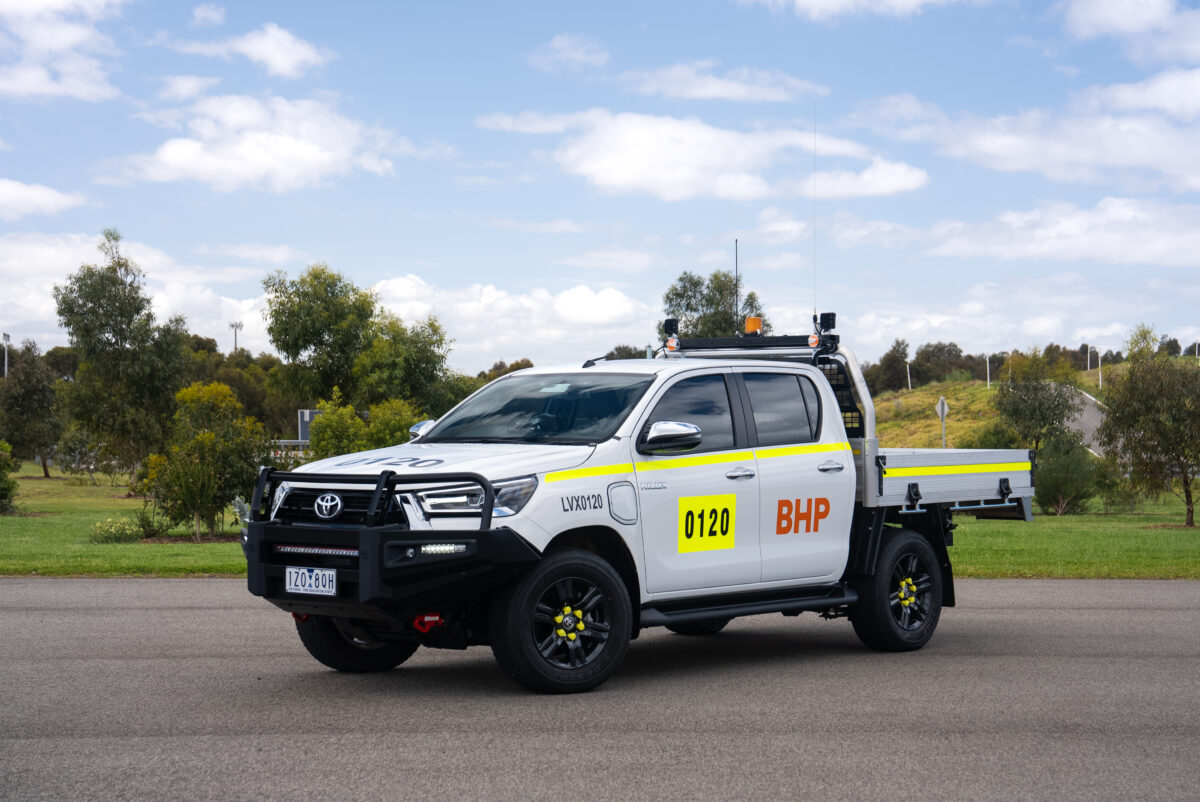



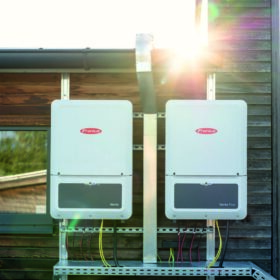

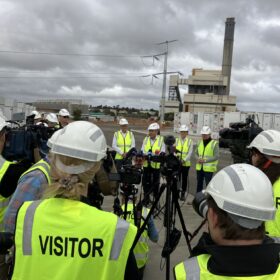
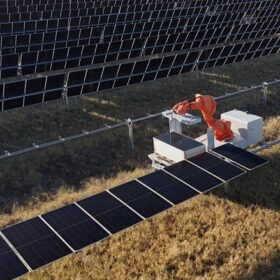
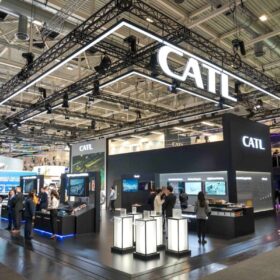
By submitting this form you agree to pv magazine using your data for the purposes of publishing your comment.
Your personal data will only be disclosed or otherwise transmitted to third parties for the purposes of spam filtering or if this is necessary for technical maintenance of the website. Any other transfer to third parties will not take place unless this is justified on the basis of applicable data protection regulations or if pv magazine is legally obliged to do so.
You may revoke this consent at any time with effect for the future, in which case your personal data will be deleted immediately. Otherwise, your data will be deleted if pv magazine has processed your request or the purpose of data storage is fulfilled.
Further information on data privacy can be found in our Data Protection Policy.